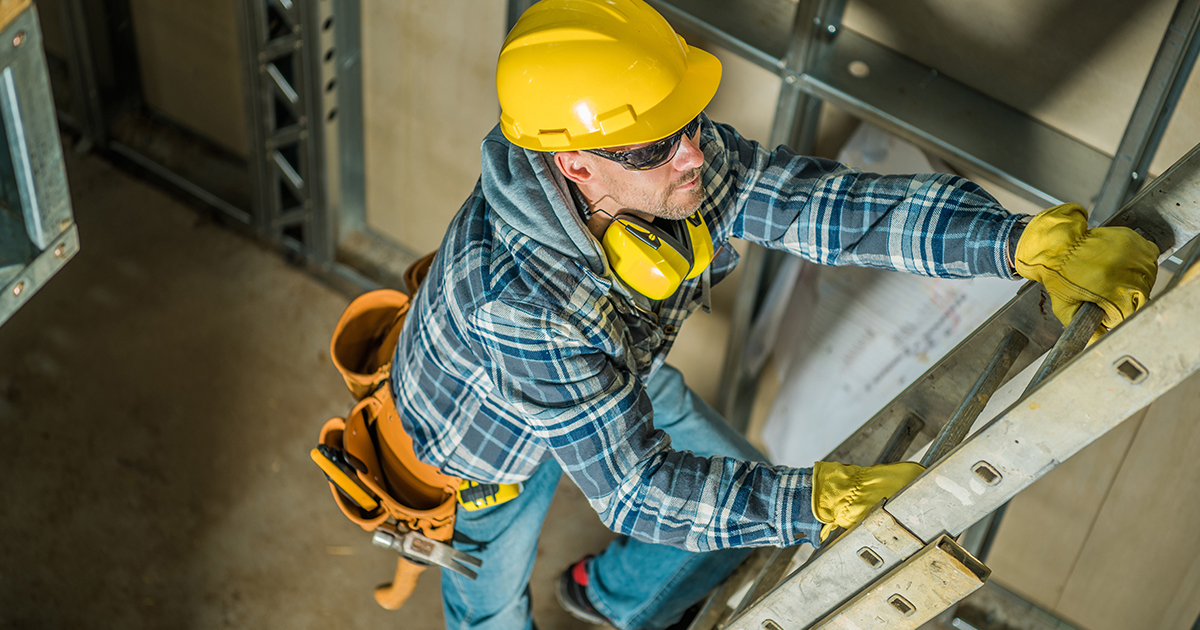Why B.C. Contractors Need Tools and Equipment Insurance

Construction site theft is a multimillion dollar business for thieves. A big risk that you face as a B.C. contractor is the theft of your tools and equipment from a job site or your shop.
Did you know that tools and equipment insurance for British Columbia contractors covers a wide range of items if they’re stolen, lost, vandalized, or damaged by fire, water, or a natural disaster?
Your Western Financial Group business insurance expert will make sure that you are covered with tools and equipment insurance and that your commercial insurance is customized to your needs at the right value for you.
What is tools and equipment insurance?
Any item valued below $1,500 a tool. An item worth more than $1,500 is considered to be equipment.
When you apply for tools and equipment insurance coverage as a B.C. contractor, add up the value of the tools and equipment that you or your small business own so that your insurance provider has that information.
Tools and equipment insurance can also be called contractor equipment insurance.
Examples of tools
- Hand tools such as hammers, screwdrivers, pliers, hand saws, and utility knives
- Power tools such as electric drills, circular saws, belt sanders, and nail guns
- Measurement items such as tape measures, rulers
- Safety gear such as hard hats and safety glasses, fluorescent vests, and steel toe boots
Examples of equipment
- Tractors
- Bulldozers
- Backhoes
- Pavers
- Graders
- Excavators
- Cement mixers
What doesn’t tools and equipment cover?
- Damage due to wear and tear
- Damage done on purpose
- Building materials for your project. To cover materials, you may need installation floater insurance.
- Electrical or mechanical malfunctions (equipment breakdown insurance typically covers damages due to mechanical breakdowns, electrical shorts, or power surges)
How does tools and equipment insurance protect you as a contractor in British Columbia?
- You’ve left your hand tools at a job site and they got stolen. Contractor equipment insurance can help cover the cost to replace the stolen tools.
- Your backhoe was vandalized at a job site. Tools and equipment insurance will help cover the costs of repairing your B.C. contractor business’s backhoe.
Tools and equipment insurance also extends coverage whether your tools and equipment are in storage, in transport, or left at a client’s location.
Who else needs tools and equipment insurance?
- Carpenter
- Plumber
- Roofer
- Landscaper
- Welder
- Deck and fence builder
- Drywaller
- Painter
- Among others
How much does tools and equipment insurance cost?
The cost will depend on the value of your tools and equipment, your location, number of employees, annual revenue, and any past claims.
What other kinds of insurance do B.C. contractors need:
- Commercial general liability insurance
- Commercial property insurance
- Course of construction insurance
- Business interruption insurance
- Pollution insurance
- Errors and omissions insurance
Commercial vehicle insurance is important: When you or your employees are on the road travelling to a job site in Toronto and anywhere in-between, commercial vehicle insurance may cover your vehicles in the case of an accident. Your personal vehicle insurance will not cover you in the case of an accident if the work is related to your Toronto construction business.
Here’s an insurance checklist for your British Columbia contractor business:
- Do you have the best business insurance rate that suits your work?
- Do you have the right amount for your deductible and regularly review it to make sure it’s the right amount for you?
- Are you or your employees using personal vehicles for work?
What do I do if my B.C. contractor/construction business has an insurance claim?
- Contact your broker immediately after any business-related mishap. Waiting to file a claim can confuse insurers about the severity of the damages to your business.
- Know your policy so that when you contact your broker you are familiar with what will be covered or not.
- Document the damage. Take photos right away and write down what happened.
- Do not throw away damaged goods after taking photos. Keep the physical evidence so that your adjustor can see it.
- Do not invite lawsuits. Don’t say anything that could be used against you, especially if you aren’t sure what happened.
- Be honest about what your damaged property is worth. Damaged commercial property is generally valued according to its actual cash value or replacement value.
Western Financial Group has licensed BUSINESS INSURANCE EXPERTS to get your B.C. construction business the right business insurance package. Our experts are available now to help you navigate the commercial insurance journey to protect your business.



